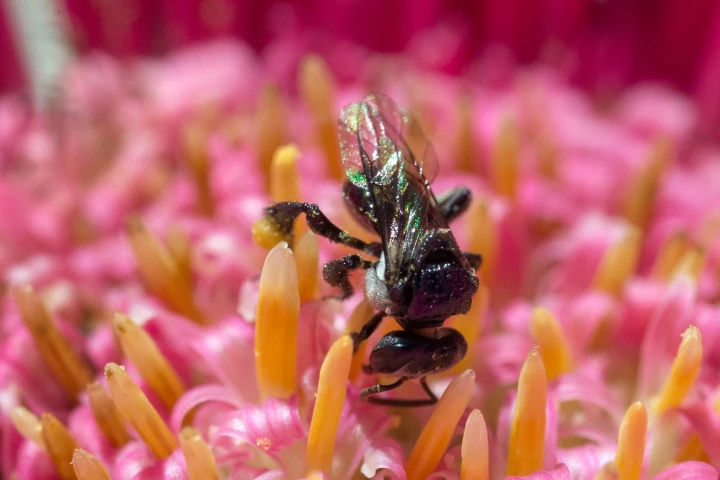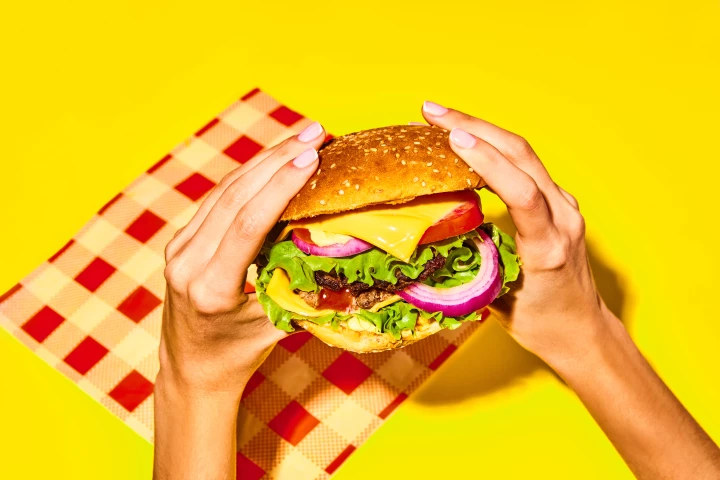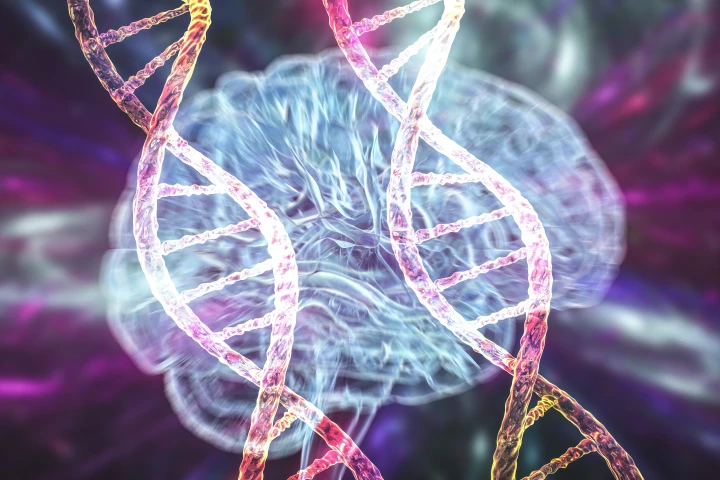University of Sydney
-
Honey produced by some species of Australian stingless bees possesses impressive bacteria- and fungi-killing properties, according to new research. The honey has the potential to be used alongside or in place of existing antibiotics.
-
A landmark study has found that a workable exercise plan significantly improves survival and health of people who have survived colorectal cancer. So much so that, as one researcher notes, "Our findings will change the way we treat colon cancer."
-
We all know the many health effects that a diet high in saturated fat and refined sugar has on our bodies. Now, in the first study of its kind on humans, scientists find that it may also be negatively impacting our ability to navigate and learn.
-
A study found that almost half of Australian teenagers are living with one or more chronic diseases or developmental conditions. The researchers linked these diseases and conditions to factors such as an unhealthy diet and poor mental health.
-
Australians will wait an average of 12 years before getting treatment for mental health or substance use disorders, according to a new study. It's not all grim news, though. Younger people are much more likely to seek help when they need it.
-
We've never been closer to accurately assessing whether someone is more susceptible to developing depression due to their biology, with 293 new gene variants found to play a role in ramping up the risk factor. That's 42% more than previously known.
-
For the first time, there's scientific evidence that a smaller, lesser known component of cannabis – cannabinol – delivers better quality and longer sleep. It proved to be comparable to existing sleep aids, without the undesirable side effects.
-
Finding time to exercise each day is a challenge for many people, but a new study of nearly 15,000 men and women has discovered that adding just five minutes of daily activity that gets your heart rate up is enough to lower your blood pressure.
-
Astronomers have detected a really bizarre radio signal from space that repeats every hour, cycling through three different states. While they have some ideas about its origin it can’t be explained by our current understanding of physics.
-
Obstructive sleep apnea can cause or contribute to high blood pressure, so a new study examined which sleep apnea treatments – a CPAP machine or a mouthguard that keeps the airways open – was more effective at lowering blood pressure.
-
Geologists have shed new light on Earth's built-in thermostat. They say shifting tectonic plates that slowed volcanic activity is likely what caused the extreme ice age that turned the planet into a giant snowball over 700 million years ago.
-
An oral insulin that has proven effective at reducing blood glucose and avoiding hypoglycemia in mice, rats, and baboons is set for human clinical trials as soon as 2025. The researchers are hopeful the drug be available to all in a few years.
Load More











